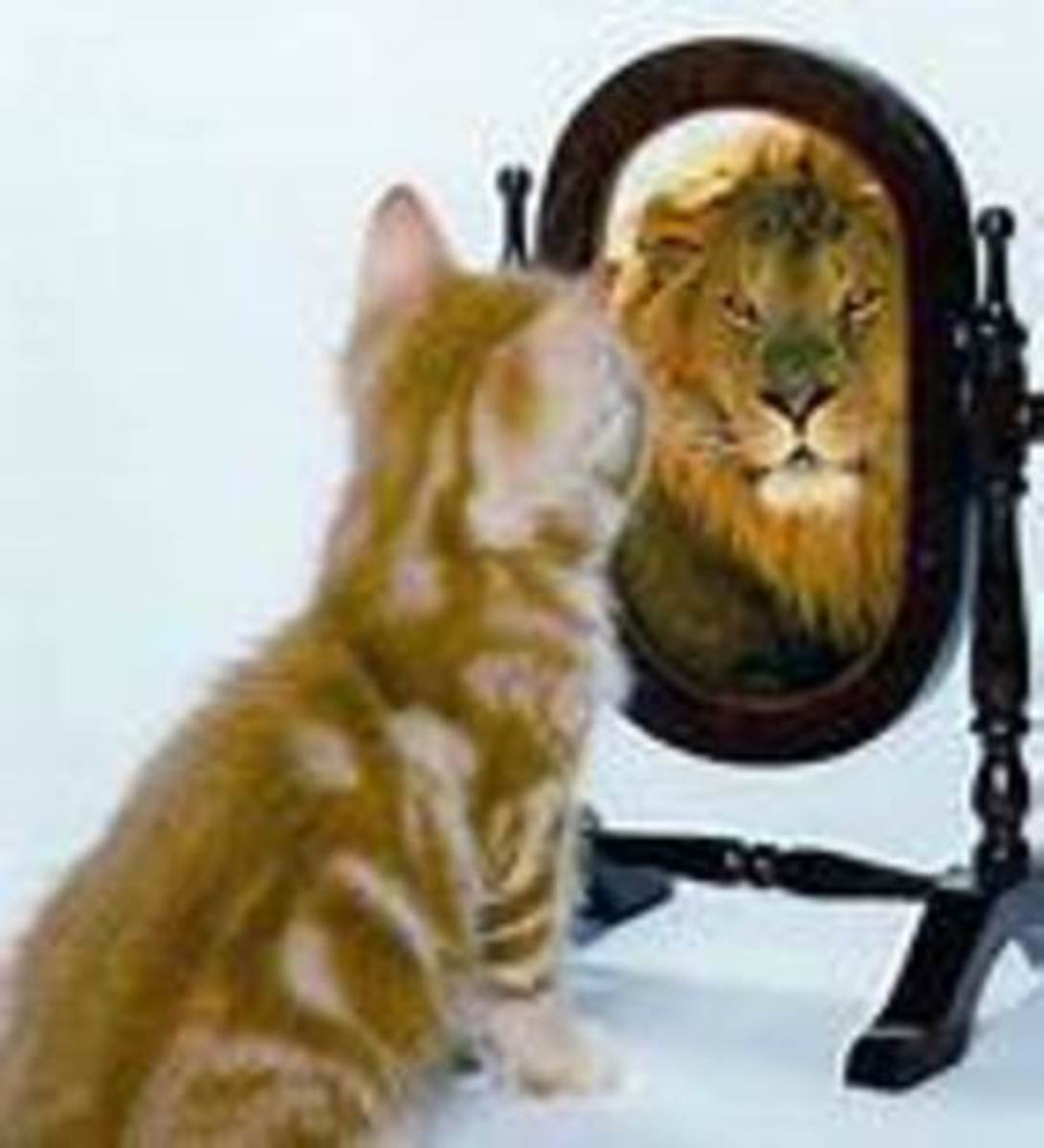The Red Badge of Courage Mentality

Relevant Reading
When pain inhibits gain
You have probably heard the phrase, "No pain, no gain." At its most innocent, this phrase means that in order to accomplish something in life, you have to work at it. It will not always be easy, and there will be frustration and disappointment along the way.
Unfortunately, too often this phrase is taken too literally and applied too liberally in too many scenarios. Taken to its natural conclusion, what results is physical and psychological damage that, in my experience is too often ignored or even lauded as a battle scar of hard work and devotion. This is what I call the Red Badge of Courage Mentality.
I recall very little about the book The Red Badge of Courage, but I remember the scene where the young Civil War soldier returns after running from a battle and finds that no one who stayed to fight escaped unscathed. He wishes desperately for a battle wound, a "red badge" to prove that he was brave and had stayed to fight rather than run off. His cowardice is a source of shame to him. It was better in his mind to fight and die rather than live with the knowledge that he had not been brave enough to risk his life.
In my youth, I entertained dreams of a life upon the stage. I wanted to be an actress, a dancer, a singer. I went at my goal with a vengeance throughout middle school and high school. My parents, while encouraging me to do what I enjoyed, were not willing to become pushy stage parents, and insisted that I keep up with my studies. I was determined to do it all. Or at least, I was determined to look like I had the drive to do it all. And in popular media and culture, the successful, driven ones were always fatigued, stressed, and in poor health. The most beautiful and romantic stories in the world of performing arts involved stars who lived fast and died young. I cultivated that image carefully.
Being involved in dance made this especially easy. Tell someone you're a dancer, and you are giving them permission to project a whole suitcase's worth of physical and psychological stresses onto you, particularly where weight is concerned. If you dare to dance when you are not possessed of the lithe, slender body one sees on stage at the Joffrey, people assume you will never make it. But if you are a dancer built like me--5'7", wide-hipped and small-chested, having never weighed more that 130 pounds in all my life--a strict diet is inferred. Depending on who is coming to these conclusions, that can mean one of two things: total abstinence from sweets and fatty snacks, or full-on anorexia.
In truth, although frequent physical activity probably helps, the biggest reason I am thin is probably because I got lucky in the genetic department. I do not count calories. I eat when I'm hungry and I stop when I am satisfied. Although there were periods of time where I dramatically decreased the amount of exercise I got on a regular basis and I gained a few pounds, I have never truly felt fat. But anorexia, they say, is not always about a genuine feeling of fatness. Often it comes about when its victim, usually a teenaged female, feels that her life lacks control. Extreme, strict dieting is a way of gaining control. That sense of control, as well as a belief that strict dieting would be a way of demonstrating my dedication, led me to experiment with my diet for a short time in high school. Thankfully, when my teacher began to notice my weight loss, the reality of what I was doing pricked me, and I backed off the diet.
But dance also means injury, and I still had plenty to work with. In my eighteen-odd years of weekly dance classes, I had sprained ankles, bruised heels, sore toes, groin pulls, Achilles' tendinitis, and a stress fracture in my fibula that had me in an ankle brace for two weeks. I prided myself on every injury. But more than that, I prided myself on the ability to grit my teeth and dance through those injuries until I had pushed them beyond ignoring. The stress fracture in my fibula first made itself known with a stabbing pain in my ankle. It wasn't until two weeks later, when putting weight on it was so excruciating that I had to limp up and down the stairs to and from classes, that I allowed myself to be taken to a doctor. When the doctor pressed on a spot just above the head of my fibula, I gasped.
"Does that hurt?" he asked me.
I nodded weakly.
"I need you to tell me when it hurts," he said reprovingly.
In college, my dreams of stardom gave way to writing dreams and massage therapy dreams, but college still saw me pushing myself in the name of dedication, taking on too many classes, and bragging about being, "addicted to stress," with friends who shared a similar mindset.
It was not until I actually got into massage school that I found myself in an environment where I was told that pain was an enemy, and self-care was my ally. In massage school, self-care was presented as at the least smart business move like dressing nicely for an interview and at most, as a model for life. After all, who really wants a massage from a stressed out, angry therapist who doesn't even look comfortable in her own body? It's like trying to relax while you're getting your hair done by a stylist whose roots are showing, or trying to put faith in a personal trainer with a beer gut. Furthermore, injuries can end a career before it begins, and burnout can lead to unhappiness in a career which was once fulfilling and exciting.
At the same time I was in massage school, my best friend had just begun pursuing her Masters' in sequential art. The environment she described to me, which seemed to encourage its students to push themselves to the limit, reminded me of the destructive world I once built for myself around my now-faded dreams of a career onstage. The world I was living in now, the one that encouraged responsible self-care and good health, contrasted sharply with the one my friend--and indeed, the rest of the world--seemed to cultivate.
My mission was then made clear to me. As a massage therapist, it would be my duty to bring a piece of my world into the larger world; to shatter the misconception that self-care is laziness or somehow the opposite of dedication; to spread the word that self-care in itself is a sign of dedication, demonstrating a desire to preserve one's abilities, and continue thriving for many years to come.
Any worthy pursuit requires hard work. But hard work does not have to be painful.
[It is] my duty ... to shatter the misconception that self-care is laziness or somehow the opposite of dedication ... Self-care in itself is a sign of dedication.









